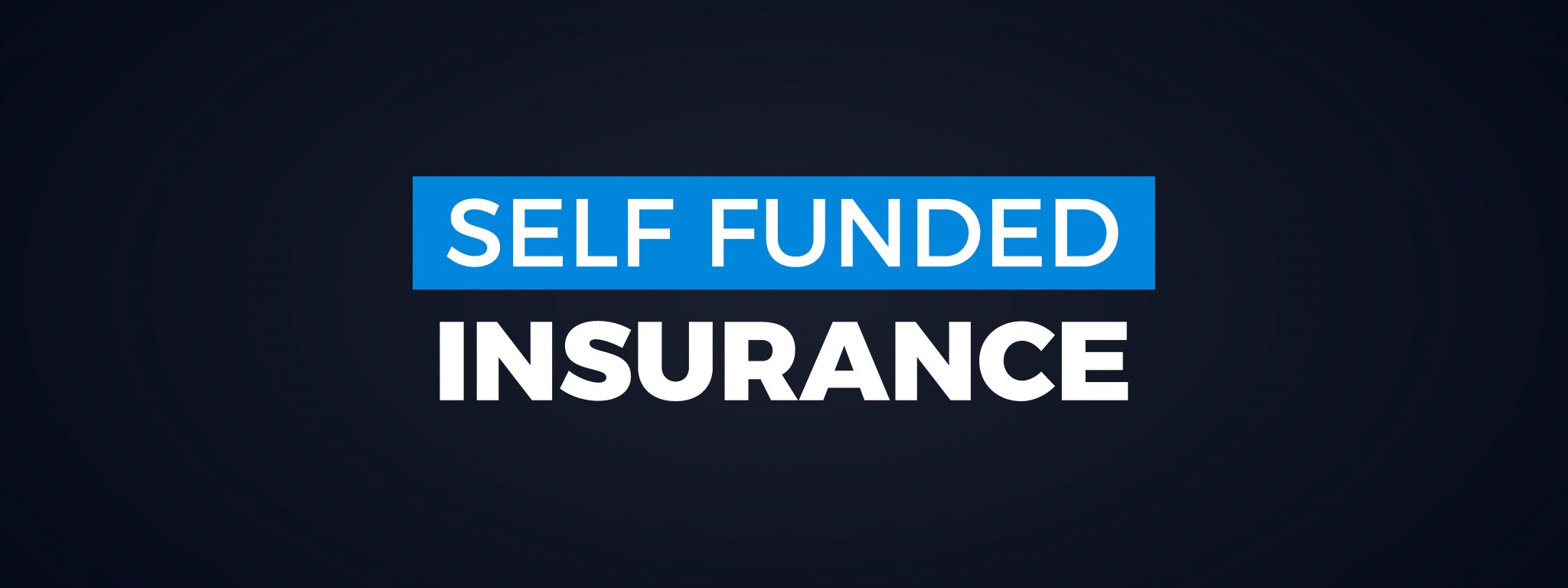

Have you heard the terminology “Self Funding” and had no idea what is being talked about?
Self funding is a leading option for companies who are struggling with the rising costs of healthcare, which is also known as self-insured insurance. Independent studies have shown that self-funding can cost as much as 40% less than comparable coverage via insurance companies. In addition, TPA’s offer a cost-effective outsourcing solution to the administrative services associated with a self-funded plan.
In self-funded health plans the employer takes on the financial risk of the plan. The company pays out-of-pocket for their employees healthcare expenses as they are incurred. It differs from fully-insured health plans where the employer pays the insurance carrier a pre-determined premium and in return the carrier pays for the healthcare expenses. With a self funded plan, the employer relies on a TPA to process claims on their behalf, which is what BRMS does for its clients.
It is important to note that self-insuring exposes the company to much larger risk in the event that more claims than expected must be paid. With a self-funded health plan there are two main costs that need to be considered: fixed costs and variable costs.
- Fixed costs include administrative fees, stop-loss premiums, and any other set fees charged per employee. These costs are billed monthly by the TPA or carrier, and are charged based on plan enrollment also known as a per employee per month (PEPM) fee.
- Variable costs include payment of health care claims incurred. These costs vary from month to month based on health care use by covered persons (ie. employees and family and/or dependents). These could vary based on routine dr appts to emergency room or urgent care visits.
- To limit risk, some employers use stop-loss insurance which reimburses the employer for claims that exceed a predetermined level, usually high claims of 50k+. This coverage can be purchased to cover catastrophic claims on one covered person (specific coverage) or to cover claims that significantly exceed the expected level for the group of covered persons (aggregate coverage).
Self funding also has a lot of benefits that can outweigh the risks, including: a customizable & flexible plan design to meet the needs of your workforce, an effective long term solution for employers who want to offer a stable employee benefit plan, improved cash flow due to not having to pre-pay for coverage, and lower tax because self-funded plans are not subject to state health insurance premium taxes.
BRMS can provide you with full service claims administration, plan design & consultation, risk assessment & insurance underwriting, medical management, utilization review, data warehousing & reporting, PPO network management, and much more!
